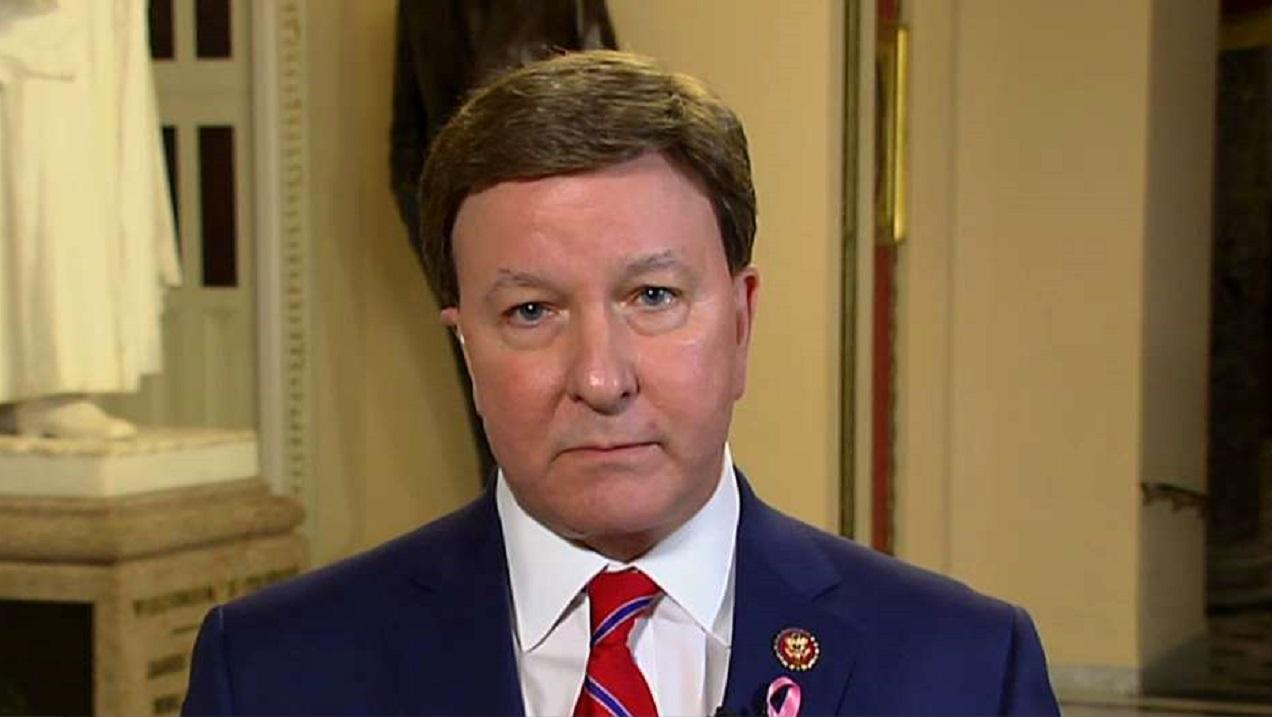Is private equity to blame for health care price gouging?
As lawmakers look for ways to help consumers combat rising health care costs, surprise medical bills have become a particular point of contention at a time when private equity investment in the sector is skyrocketing.
According to data from Pitchbook – as cited by Health Care Dive – private equity deals in the sector have more than doubled over the past decade, to 788 in 2018 from 325 in 2008. There were a record number of deals in 2018, representing more than $100 billion in total value.
Increasing public anger over surprise bills caused lawmakers in September to launch an investigation into the practices of private equity firms and surprise billing. The House Committee on Energy and Commerce sent letters to KKR & Co., Blackstone Group and Welsh, Carson, Anderson & Stowe requesting information and documents related to the firms’ ownership of private physician staffing and emergency transportation companies – which can lead to surprise bills.
"Evidence indicates that these physician staffing firms charge significantly higher in-network rates than their counterparts, thereby driving reimbursement upwards as they enter into staffing arrangements with hospitals," lawmakers wrote. "We are concerned about the increasing role that private equity firms appear to be playing in physician staffing in our nation’s hospitals, and the potential impact these firms are having on our rising health care costs."
TRUMP TO RETIREES, TAKE ADVANTAGE OF THESE TAX-ADVANTAGED MEDICARE SAVINGS ACCOUNTS
HOW MUCH THE WRONG HEALTH CARE PLAN CAN COST YOU
According to research from the Kaiser Family Foundation, one in every six Americans were surprised by a medical bill after receiving hospital treatment in 2017 – despite having insurance.
But is private equity to blame?
“Surprise bills are a problem, but they’re a problem independent of whether it’s private equity that has purchased the physician practices or the management company,” David Hyman, an adjunct scholar at the Cato Institute, told FOX Business. “Even if we prohibited private equity firms from any involvement in this market, doctors would still have the same incentives to send surprise bills under some circumstances.”
In some cases, private equity bought up physician practices because those practices can engage in surprise billing.
“I think people are suspicious that the private equity firms will sort of push this further than the doctors would on their own, but suspicion and evidence are two different things,” Hyman said.
On the other hand, private equity investment might actually increase innovation and advance technologies in the sector.
Lawmakers have introduced legislation to protect patients from surprise medical billing, which moved out of committee in July.
GET FOX BUSINESS ON THE GO BY CLICKING HERE
Combating rising health care costs has become a focal point among lawmakers – as a number of 2020 Democratic candidates propose transitioning to a “Medicare-for-those-who-want-it” or Medicare for All system. Proponents of each of those plans argue it will decrease the number of uninsured Americans and lower overall healthcare costs for consumers.
Meanwhile, President Trump recently unveiled a plan to expand Medicare Advantage plans, which are offered by private insurers.




















